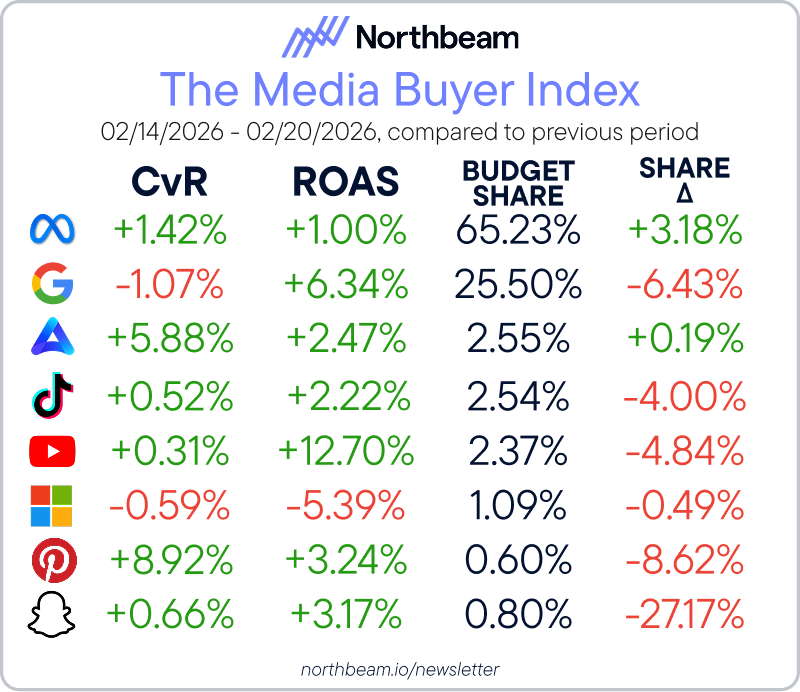∞
What’s the core of your brand story that applies across audiences?
What does everyone know you for?
Why do you do what you do?
∞
You can race to the bottom. Or you can race to the top.
One takes hard work.
One has a short runway.
∞
If anyone can make the artifacts of a brand in a trivial amount of time, what distinguishes the ones that last from the ones that fade as quickly as they’re made?
A tweak on a question asked by Manton Reece.
∞
What do you mean when you say “search”?
- News / current events
- Information
- Entertainment
- Local
- Shopping
These are all different intents.
Google used to be the destination for all search types. Now different platforms are carving off different intents.
Search is ( and has been) splintering.


